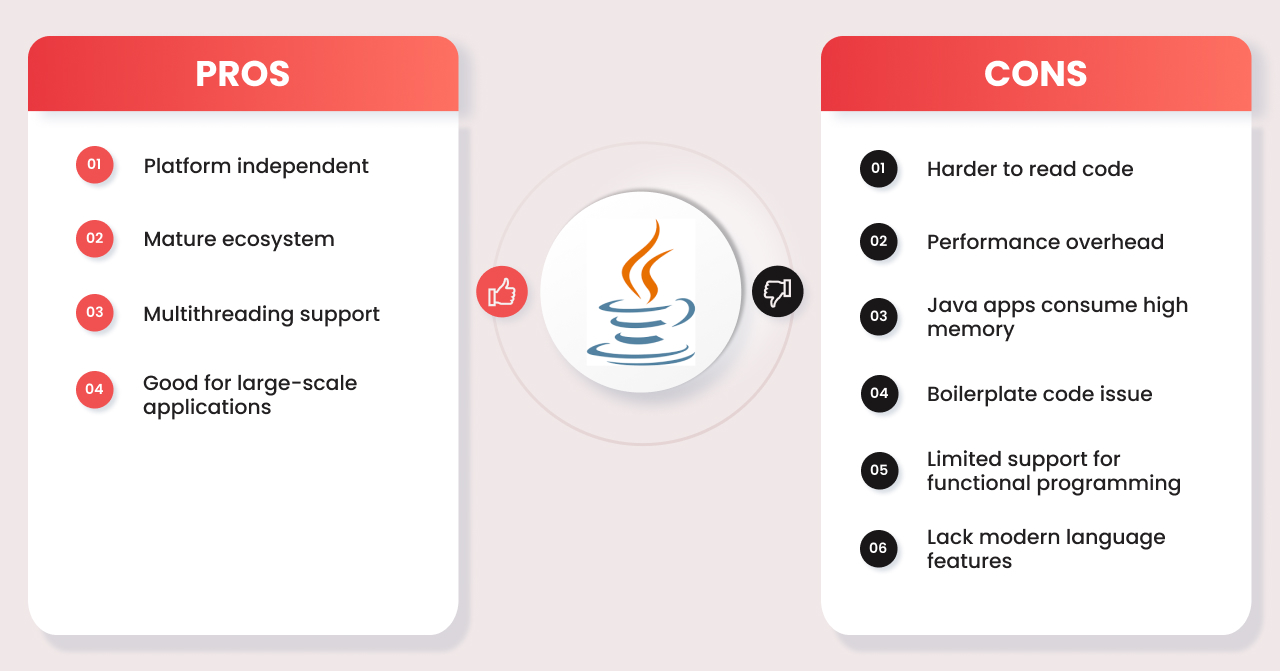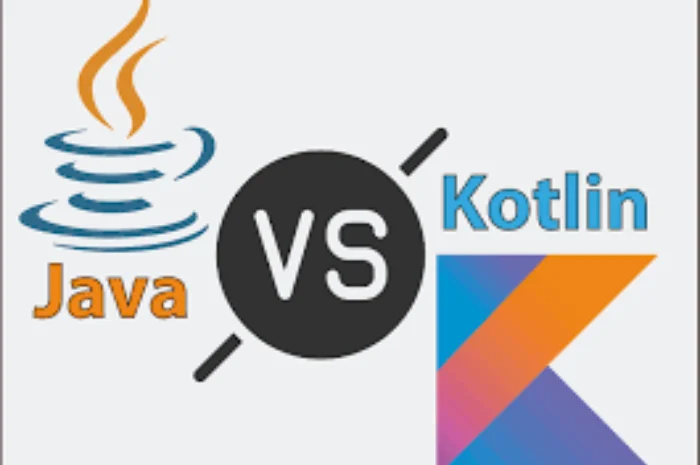Kotlin vs. Java is a battle of two powerful programming languages in the realm of software development. One is a modern statically-typed language, and other is a veteran in the field, but both programming languages are popular choices for building robust applications on the Java Virtual Machine (JVM). In this blog, we’ll delve into the key differences and similarities between these languages, helping developers to make informed decisions based when choosing an appropriate programming language for the android application development.
What is Kotlin?
Those who are new to Kotlin programming language should read this introduction section. In the year 2016, a software development company named JetBrains developed an object-oriented programming language. It was named as Kotlin which emerged as the resolution of the shortcomings of Java such as boilerplate code issues.
However, it was never developed initially to replace Java completely rather work in conjunction with it fulfilling the gaps created by API design deficiencies in Java. In fact, Kotlin relies on Java class library and Java Virtual Machine for its operation. Together they eliminate the boilerplate code issues, helping developers deal with repeated code. Today, Kotlin has become a most popular programming language for android app development and apps like Trello, Tinder, Netflix, and Uber are built on this language.
Google has proclaimed this versatile high-level programming language as its primary choice for Android app development.
Pros and Cons of Kotlin

Java: A Time-Tested Pillar of Software Development
A mainstay of software development for decades has been Java, an evergreen programming language. Due to its portability, performance, and security features, Java, soon gained popularity. It has shown to be a dependable option for a variety of applications over the years and continues to do so.
The “Write Once, Run Anywhere” (WORA) design principle of Java is one of its main advantages. Any platform having a Java Virtual Machine (JVM) can run Java code since it is compiled into an intermediate format called bytecode. This cross-platform compatibility enables programmers to create apps that may be used without change on a variety of operating systems.
Pros and Cons of Java

Why Are Software Developers and Tech Companies Moving to Kotlin Instead of Java?
Find the exact reasons in this Kotlin vs. Java comparison where we are comparing these two programming languages based on five key factors.
1. Conciseness and Readability
Kotlin’s concise syntax is one of its most notable advantages over Java. By reducing boilerplate code, Kotlin enables developers to write more expressive and readable code. Features like type inference, data classes, and extension functions make code more compact and maintainable compared to Java.
2. Null Safety
Java has long been plagued by null pointer exceptions, but Kotlin tackles this issue head-on with its built-in null safety. Nullable types and safe call operators in Kotlin significantly reduce the risk of null-related runtime crashes, enhancing application reliability and developer productivity.
3. Extension Functions
Kotlin introduces extension functions, allowing developers to add new functionalities to existing classes without modifying their source code. This feature promotes better code modularity and enables cleaner, more organized codebases.
4. Type Inference
In Kotlin, developers can often omit explicit type declarations due to its powerful type inference capabilities. This not only reduces the amount of code but also improves code readability by focusing on the intent rather than repetitive type annotations.
5. Coroutines
Kotlin provides native support for coroutines, enabling easy and efficient asynchronous programming. By contrast, Java relies on third-party libraries or native threads for similar functionality, making Kotlin a more convenient choice for concurrent programming tasks.
6. Interoperability
Kotlin is fully interoperable with Java. This means that you can use existing Java libraries and frameworks seamlessly in Kotlin projects, and vice versa. This makes it easier for companies with legacy Java codebases to transition to Kotlin gradually.
7. Community Support
Kotlin with a rapidly growing and active community of developers has been adopted by various tech companies, including JetBrains, which developed the language, as well as major players like Google, Netflix, and Pinterest. It’s commonly used in Android app development and has made inroads into other areas, such as backend development and web applications.
On the other hand, Java, the industry’s one of the oldest programming languages, has one of the largest and most mature developer communities in the world. It has been around for decades and continues to be widely used in various domains, from enterprise software to web applications. It’s a go-to language for server-side development, and its ecosystem is extensive.
So, Who is the Winner?
None!
The result is neutral in such a comparison where two programming languages are judged on different parameters. The reason is the huge world of software development and diverse business requirements.
There are a few areas where Kotlin shines with its concise syntax, null safety, modern features, and interoperability with Java. It addresses many of Java’s pain points and offers a more expressive language. However, Java remains a solid choice for projects that prioritize industry stability, performance, and the vast Java ecosystem.
Thus, the battle of Kotlin vs. Java should end here as the choice depends on multiple parameters such as project requirements, team expertise, and the desired balance between modernity and industry-standard stability.






